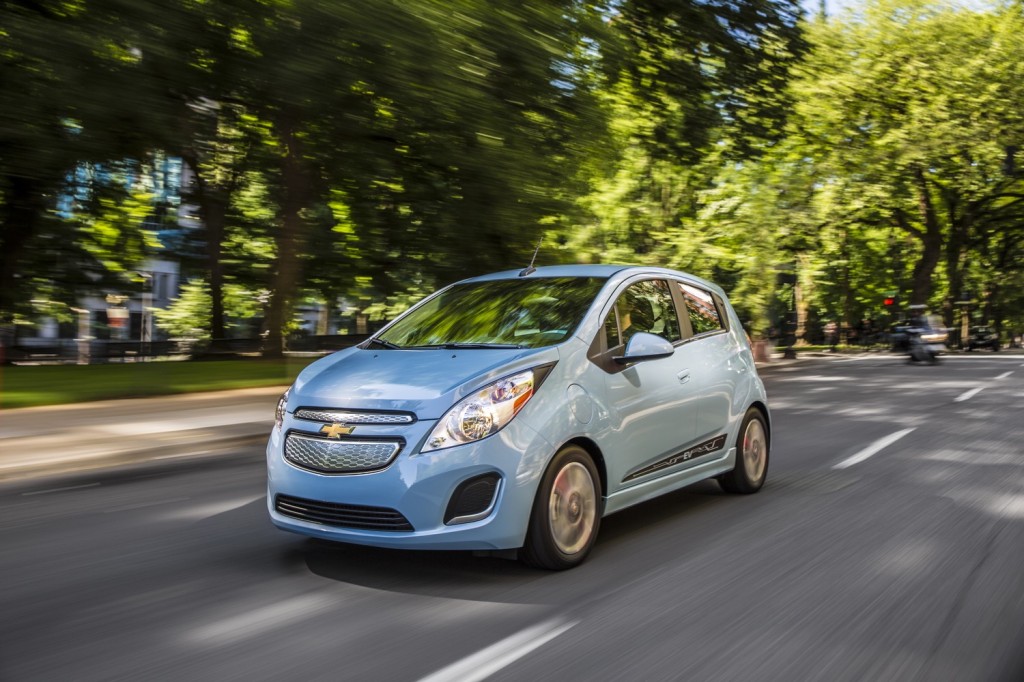Carfax vehicle-history reports aim to expose any hidden faults in used cars, such as damage from crashes. Seattle-based startup Recurrent now plans to provide a similar service focusing specifically on EV battery health.
"Battery health is the new odometer for electric vehicles, and we're bringing transparency to it," Recurrent CEO Scott Case said in a statement.
Recurrent, which just completed a $3.5 million seed funding round, plans to offer third-party reports of battery condition and expected lifespan, the startup said in September. To do that, it will rely on EV drivers to provide data from their cars, which is analyzed by a predictive algorithm.
The startup claims to have a large enough data set to predict future battery life of used cars with this method. It says it's already collected over one million data points from 2,500 drivers.
Drivers who opt into data collection must download an app, and have a supported vehicle with an active connected-services account.

2015 Chevrolet Spark EV
As of July 2020, Recurrent supported the Tesla Model S, Model X, and Model 3; Nissan Leaf (2016 model year and later); BMW i3 (2017 model year and later); BMW i8; BMW 5 Series and 3 Series plug-in hybrids, Ford Fusion Energi (2019 model year and later); Chevrolet Volt, Bolt EV, and Spark EV; Volkswagen e-Golf; Jaguar I-Pace; Chrysler Pacifica Hybrid; and the Audi E-Tron and A3 E-Tron.
Case told Green Car Reports that the company is offering the service to individuals at no charge (outside of the expense of the data connection), but for dealers, it's a monthly subscription to cover their EV inventory—and potential inventory—for their customers.
Recurrent's battery-health reports could be particularly useful at the present time.
EVs that have been parked for the pandemic might for instance have very low miles, but depending on how they've been charged (or not) in the interim, this can be a very bad thing for their batteries. Hyundai released some tips earlier this year, advising drivers to, among other things, charge frequently to avoid letting it get below 20%, which can be detrimental to battery health.
Fast-charging can accelerate the degradation of EV batteries, although researchers continue to work on new control algorithms that might accomplish the rate without the wear.
An earlier study based on the Nissan Leaf suggested that overall miles driven is still a very important factor in battery life.












